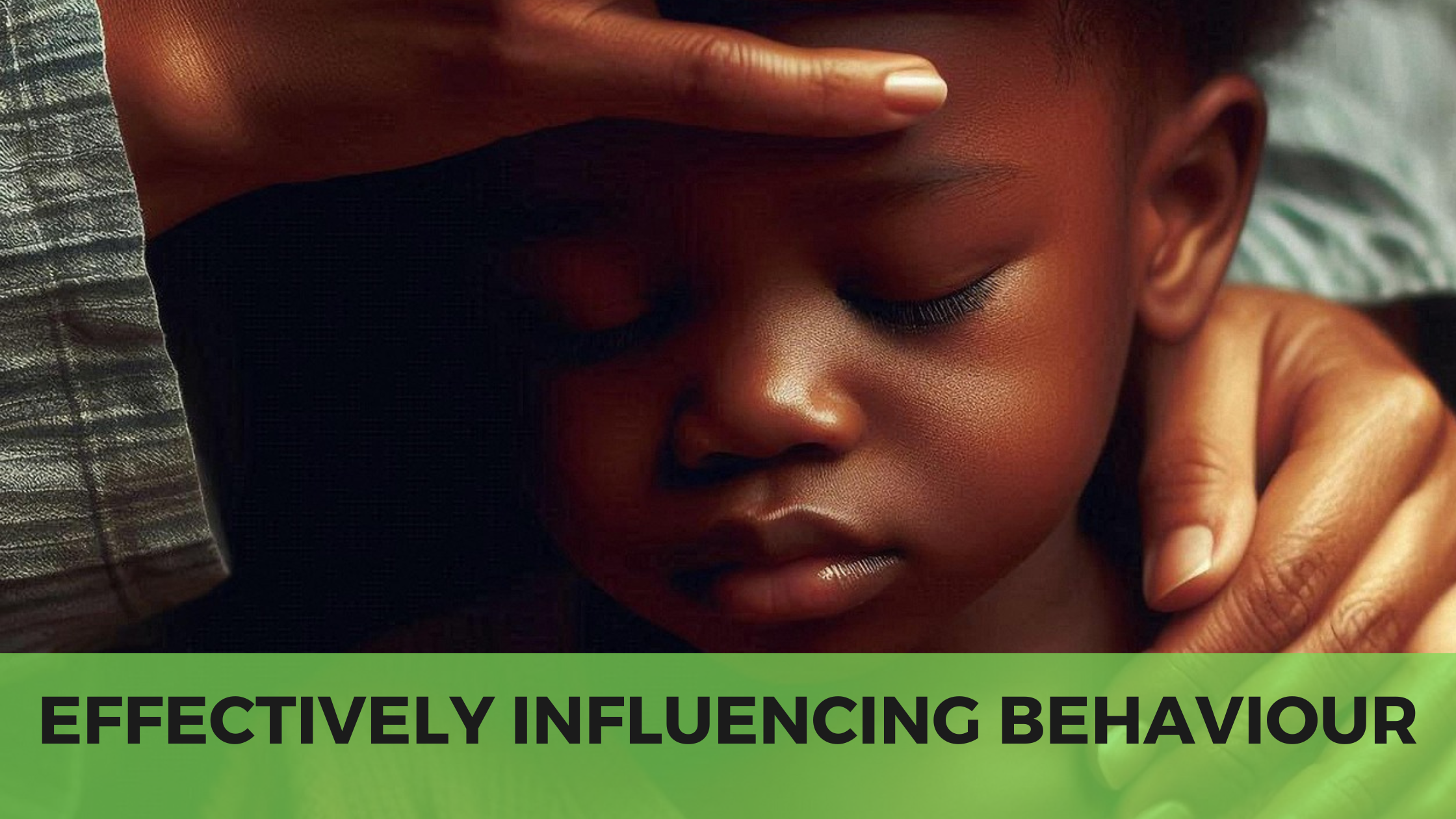Bill is the network manager at a university lab, and it is his responsibility to keep the computer network up and running. But it’s not a very good computer system and, consequently, is prone to crashing.
“This morning I managed to revive it after being called at 5:30 A.M. Then at 8:30 I had to waste an hour and a half at the User Support Implementation Group meeting listening to academics and administrators tell me that the current level of performance is ‘unacceptable.’
Of course it’s unacceptable! I told them two years ago that they would have problems but they vetoed my own recommendation for a UNIX operating system because they didn’t want to pay for it.
They were all swept away by this new operating system’s bells and whistles without a clue of how unreliable this software could be. What few staff are assigned to me don’t have the basic skills needed to keep things running, and as soon as they learn enough to be useful, they leave for higher salaries elsewhere salaries higher than mine, even though they don’t have a tenth of my ability.
“Unfortunately, I’m stuck here for two more years until my wife finishes her graduate degree. But then I’m gone. The icing on the cake came this afternoon when the public relations office told me I was going to receive the university’s Quality Through Technological Innovation Award. I told them to stuff it.”
Lack of fairness in the workplace is a serious mismatch between people and the job environment. Fairness in the workplace means that people are shown respect and their self-worth is confirmed. Mutual respect among people who work together is at the heart of any sense of community. We lose trust in an organization that shows no fairness, because this implies that those in authority are not honest and do not respect who we are.
Unfairness is most evident during the evaluation and promotion processes. But day-today interactions may also be unfair-when people get blamed for things they didn’t do, for example. Lack of fairness is also evident when there is inequity of workload or pay, or when people bend the rules or cheat in order to get ahead.
And if procedures for grievance or dispute resolution don’t allow both parties to have a voice, the procedures will be judged unfair. At a larger level, organizational policies that send the message that money takes precedence over employees causes mutual respect and shared values to erode.
You have to demand respect at some point or put up being sad, the choice is yours.








